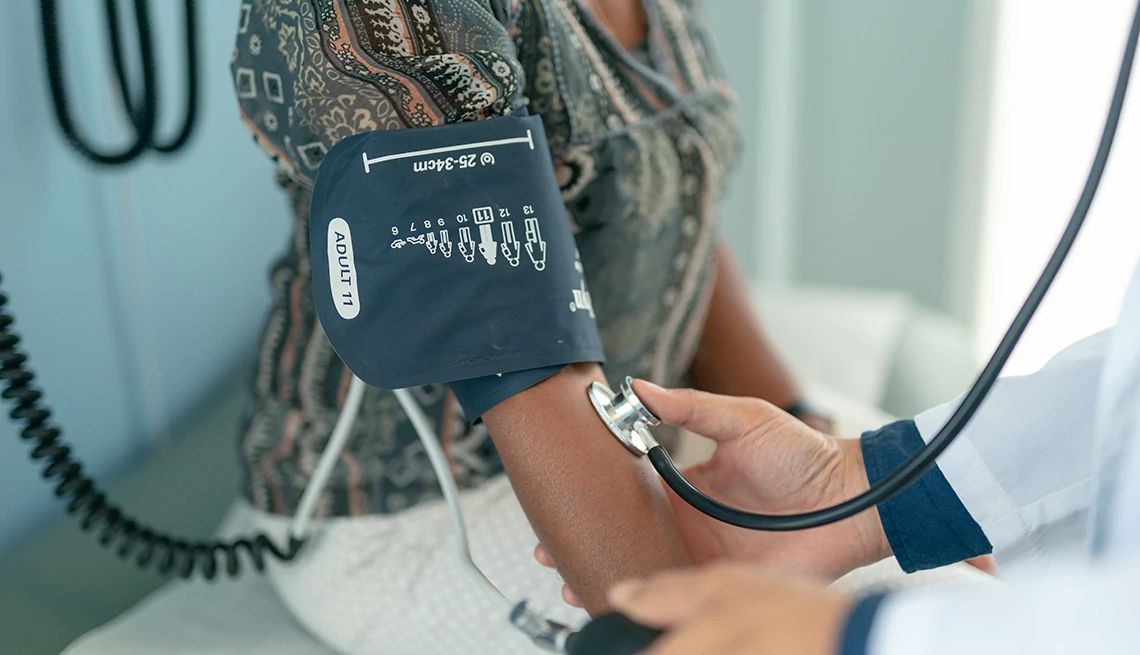Challenges


Most people know that high blood pressure can lead to heart attacks and strokes — two very good reasons to keep it under control. But here’s another, equally important reason: Treating high blood pressure may reduce your risk of cognitive decline.
Researchers have been looking at the connection between high blood pressure and brain health for decades. Ongoing high blood pressure may damage the blood vessels in the brain, making them more likely to rupture and bleed, or to harden and cause blockages, says Mitchell Elkind, M.D., chief clinical science officer at the American Heart Association and a professor of neurology and epidemiology at Columbia University. “Even tiny bits of damage to the vessels, over time, add up. It’s like the brain’s version of heart failure — a progressive decline in function as time goes by,” Elkind says.
For most adults, a blood pressure reading below 120/80 is considered healthy. Yet about 75 percent of adults age 60 and older have high blood pressure, according to the Centers for Disease Control and Prevention. Yet, only about 1 in 4 have their condition under control. But there’s good news: Research has found that treating high blood pressure — with medication, if necessary, as well as through changes in diet and exercise — can help protect your memory and thinking skills as you age.
In the SPRINT MIND trial, a study of 9,361 adults with high blood pressure ages 50 and older that was funded by the National Institutes of Health and reported in JAMA in 2019, lowering blood pressure was linked to a reduced risk of mild cognitive impairment, or MCI. Participants who lowered their systolic blood pressure (the top number, which measures the pressure against your artery walls when your heart beats) to 120 or less for an average of 3.34 years reduced their risk of MCI by 19 percent.
And this protection against memory loss was still in effect an average of seven years after the first study ended, when participants went through another round of cognitive testing. These follow-up findings suggest that “controlling blood pressure earlier in life likely has a long-term benefit,” says lead author Jeff Williamson, M.D., professor of gerontology and geriatric medicine at Wake Forest School of Medicine. The new research was reported in 2025 in Neurology.














More From Staying Sharp
Start a Joy Journal
Remembering the day’s high points may improve your mood
Balance Exercises for Brain Health
Learn how balance movements can help support your brain health and cognitive function
The Health Benefits of Being With Pets
Learn how pets can improve your health and well-being in surprising ways